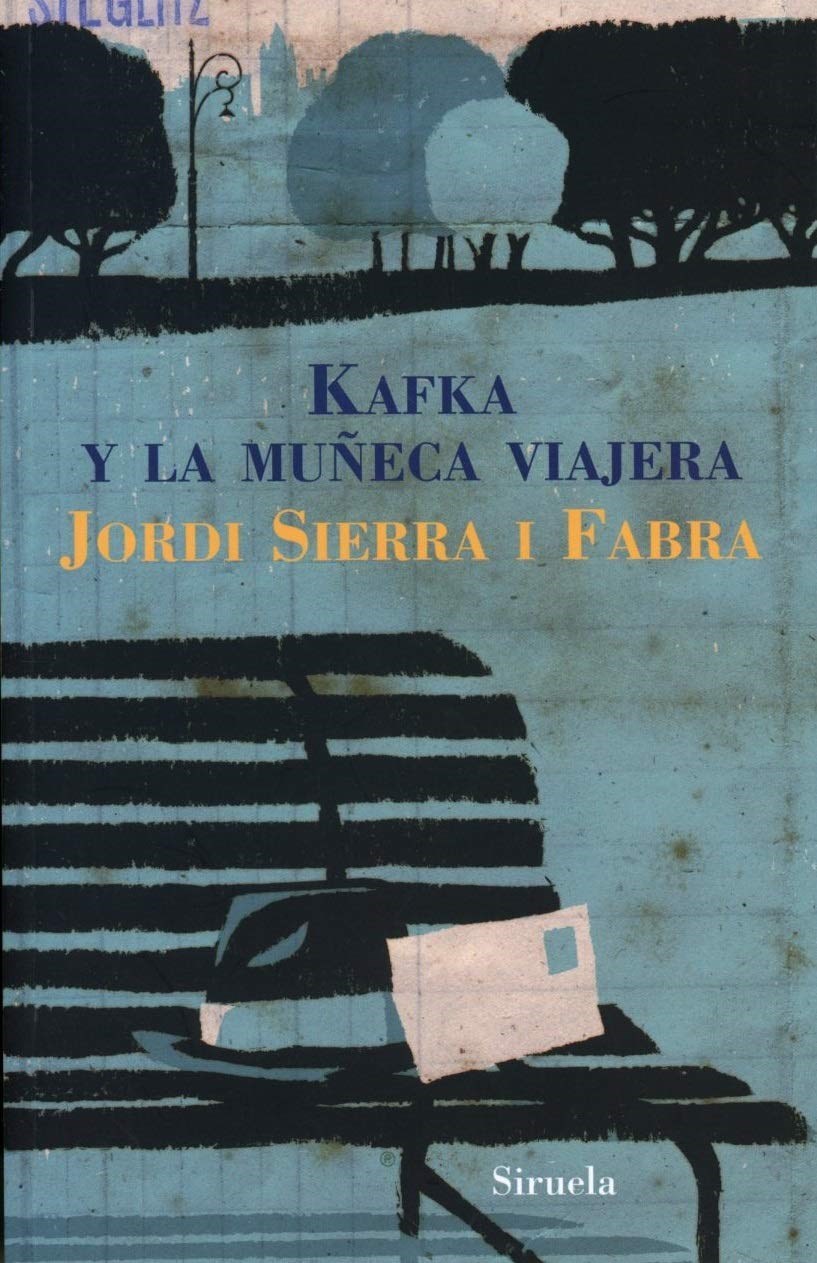A little girl loses her doll and Kafka convinces her that it’s on vacation.
A year before his death, Franz Kafka lived a very unusual experience. Strolling through Steglitz Park in Berlin, he found a little girl crying inconsolably: she had lost her doll. To reassure the little girl, the author of The Metamorphosis invented a peculiar story: the doll was not lost, it had gone on a trip, and he, who had become a doll letter carrier, had a letter to take her to the park the next day. That night, Franz wrote the first of many letters which, for three weeks, he delivered to the girl punctually, narrating the adventures of the extraordinary doll from all corners of the world.
This is the story of that experience, in which Franz Kafka was a magician of words for an anonymous girl who was never heard of again, as well as those letters that constitute one of the most beautiful mysteries of twentieth century narrative. Kafka died shortly after of tuberculosis.
RELEVANT DATA: Kafka and the Traveling Doll is inspired by a true story. The book has been a great success among its readers.
Jordi Sierra i Fabra is the most successful author of children’s and young adult literature, and one of the most important figures of the Spanish detective novel. He has published more than four hundred books and has reached sales figures that surpass ten million copies sold. His books have been translated into more than fifteen languages and have been adapted to theater and/or film on many occasions.
His extensive work has earned him the most important literary awards, including the El Barco de Vapor Award, the Gran Angular Award, the Ateneo de Sevilla Award, the Edebé Award for Children’s and Young Adult Literature (received twice), the A la Orilla del Viento Award in Mexico, the National Award for Children’s and Young Adult Literature, and the Cervantes Chico Award, among others. His books have been chosen four times to be part of the “White Ravens” selection of the Internationale Jugendbibliothek in Munich.
AUDIOVISUAL POTENTIAL: TV Series, Miniseries, Film, TV Movie.
LANGUAGES AVAILABLE: Spanish, English.


